We recently connected with Andrea Erlich and have shared our conversation below.
Hi Andrea, thank you so much for opening up with us about some important, but sometimes personal topics. One that really matters to us is overcoming Imposter Syndrome because we’ve seen how so many people are held back in life because of this and so we’d really appreciate hearing about how you overcame Imposter Syndrome.
I occasionally grapple with impostor syndrome, but I remind myself that being an artist is a personal and intrinsic quality that cannot be dictated by others. My passion for creating art and sharing it with others is a significant source of joy for me. This enthusiasm and love for my work help to manage my feelings of impostor syndrome effectively
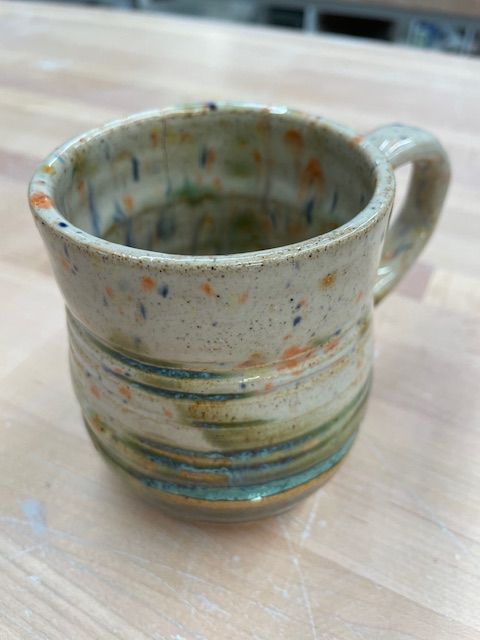
Thanks for sharing that. So, before we get any further into our conversation, can you tell our readers a bit about yourself and what you’re working on?
I have always had a deep appreciation for the arts. From a young age, I was passionate about playing the violin, a pursuit I continued until after graduating high school. Additionally, I explored photography through various classes, darkroom sessions, and as a personal hobby. However, my greatest fascination has always been with pottery. The process of transforming a lump of clay into something both functional and beautiful intrigued me profoundly which is funny, because I absolutely hate getting dirty and this is not a clean art!
During high school, I had the opportunity to take a pottery class, initially underestimating its complexity. Although the teacher made it appear effortless, I quickly realized the challenges involved. Despite early frustrations, I found my rhythm and continued with another high school class and several community education courses. After a few years away from pottery, the onset of the COVID-19 pandemic reignited my passion when I saw others sharing their pottery experiences. I promptly inquired about local classes and resumed creating art shortly thereafter. The process came back to me effortlessly, and pottery became a valuable outlet for maintaining my creativity during the pandemic.
Since then, I have been actively involved in pottery, participating in sales in both Omaha, where I currently reside, and Minnesota. I look forward to future opportunities and continued growth in my craft.
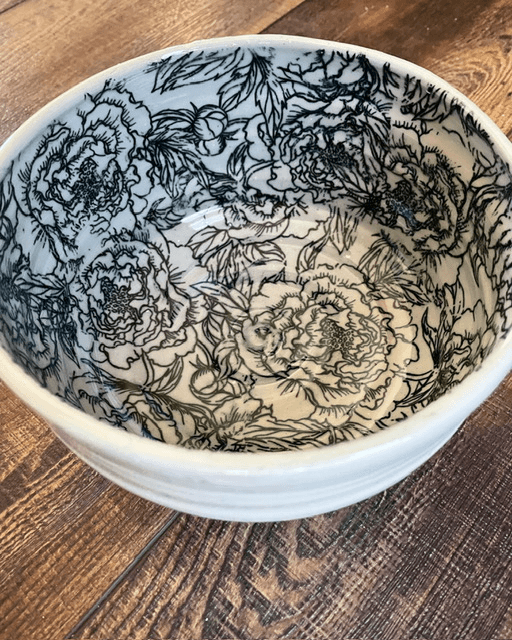
There is so much advice out there about all the different skills and qualities folks need to develop in order to succeed in today’s highly competitive environment and often it can feel overwhelming. So, if we had to break it down to just the three that matter most, which three skills or qualities would you focus on?
1. Embracing the Learning Process: I recognize that setting rigid expectations, such as producing six identical mugs in a single session, can create undue pressure. Instead, I remind myself that imperfections are part of the process, and each piece is an opportunity to learn and improve. The handmade nature of my work means that variations are not only inevitable but also add to the unique character of each item. Additionally, clay can be recycled indefinitely, allowing me to discard and rework pieces as needed without concern.
2. Acceptance of Imperfection: Observing skilled potters who can effortlessly create multiple identical pieces often overlooks the fact that even experienced artisans encounter occasional setbacks. Mistakes are a natural part of the craft, and even seasoned potters must restart and refine their work. Understanding and accepting this reality helps in maintaining a positive and resilient mindset.
3. Cultivating Patience: Mastering techniques such as centering the clay can take weeks or even months of practice. It’s common for the clay to become off-center during the process, necessitating repeated attempts to achieve the desired result. Over time, centering has become a more instinctive skill for me, demonstrating the importance of patience and perseverance in honing my craft.
These skills are crucial to my development as a potter. Although I feel I lack these qualities in other areas of life, I find that the demands of pottery have helped me cultivate patience and resilience. While I used to keep every piece that didn’t collapse as a testament to my progress, I have since become more discerning, focusing on quality and reclaiming clay from less satisfactory pieces.
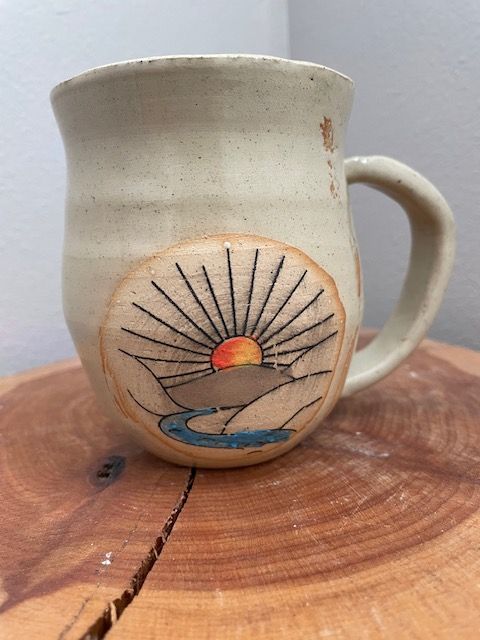
To close, maybe we can chat about your parents and what they did that was particularly impactful for you?
My parents always supported my curiosity and willingness to explore new interests. When I expressed a desire to play the violin, they provided me with a toy violin until I was old enough to enroll in formal lessons. They also encouraged me to pursue art classes that brought me joy and took pride in the work I produced. I feel that it is crucial for parents to nurture their children’s curiosity and support their endeavors. Allowing children to explore their interests not only opens doors to a wealth of opportunities within the community but also fosters their creativity and helps them connect with new people.
Contact Info:
- Instagram: https://www.instagram.com/amepottery?igsh=MWN4eTQ5bW4zdWZ4Mw%3D%3D&utm_source=qr
- Facebook: https://www.facebook.com/profile.php?id=61561515008746
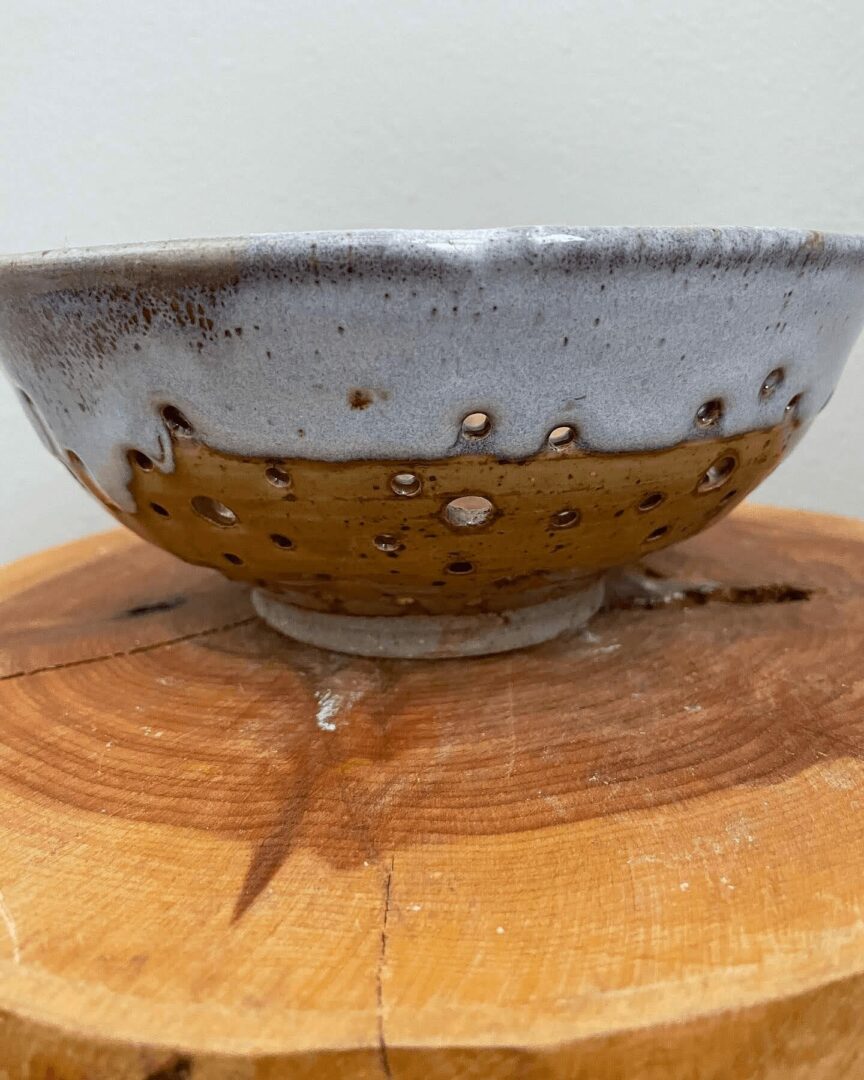
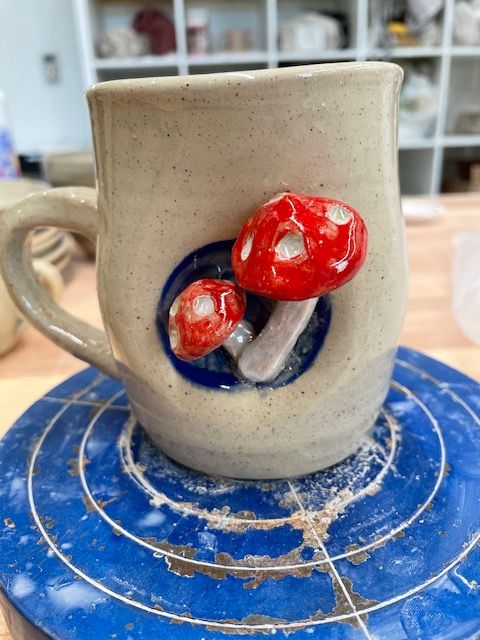
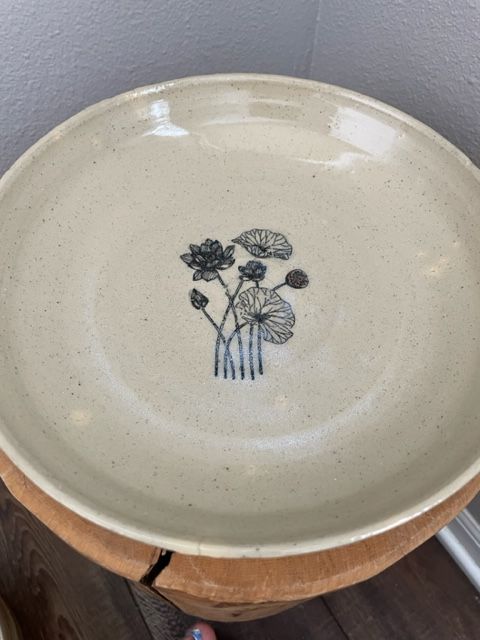
so if you or someone you know deserves recognition please let us know here.




